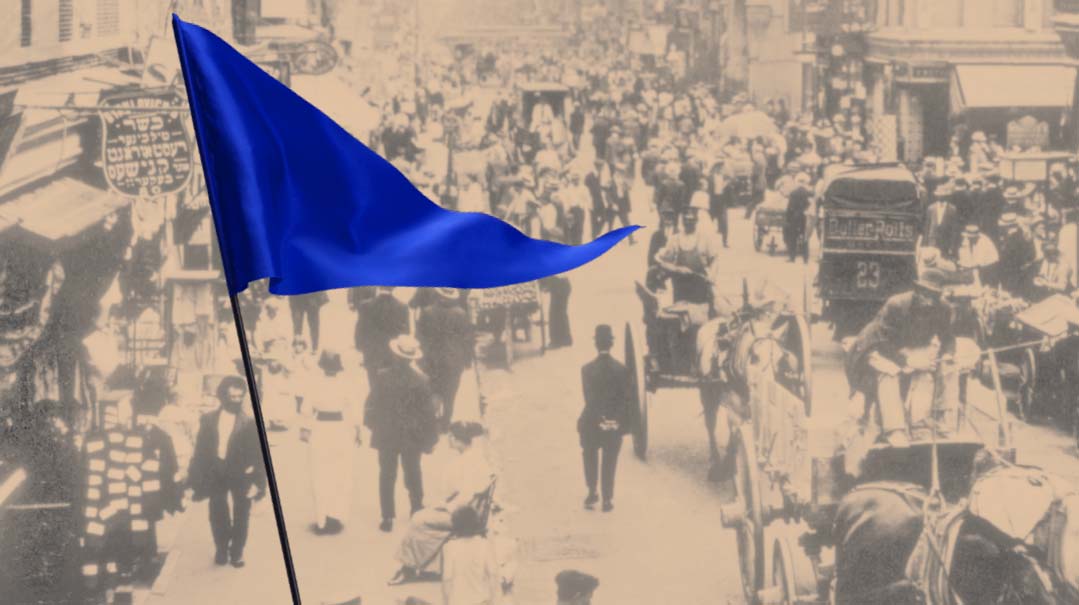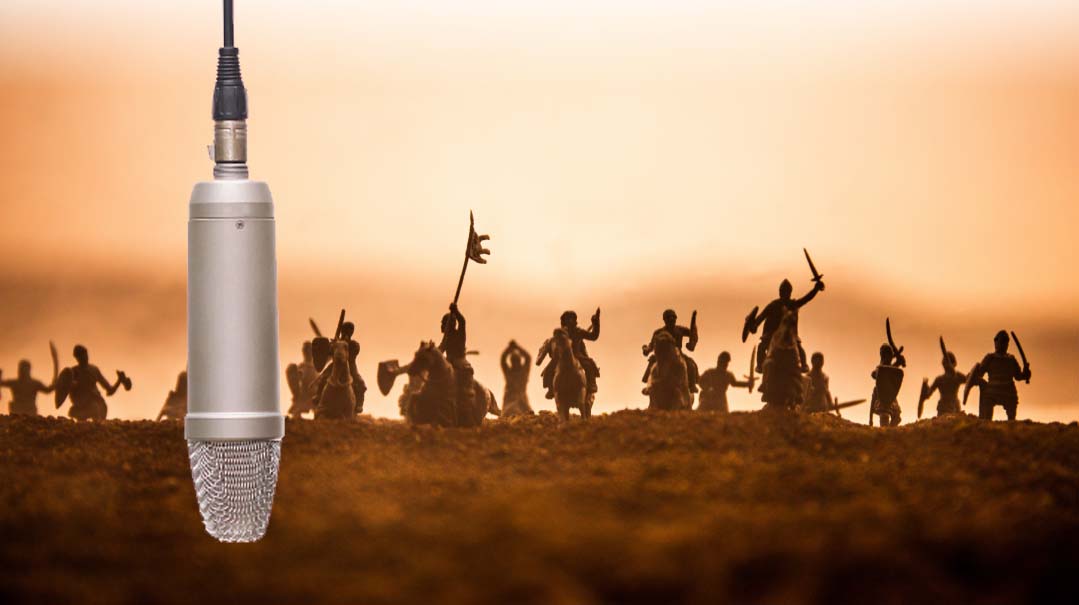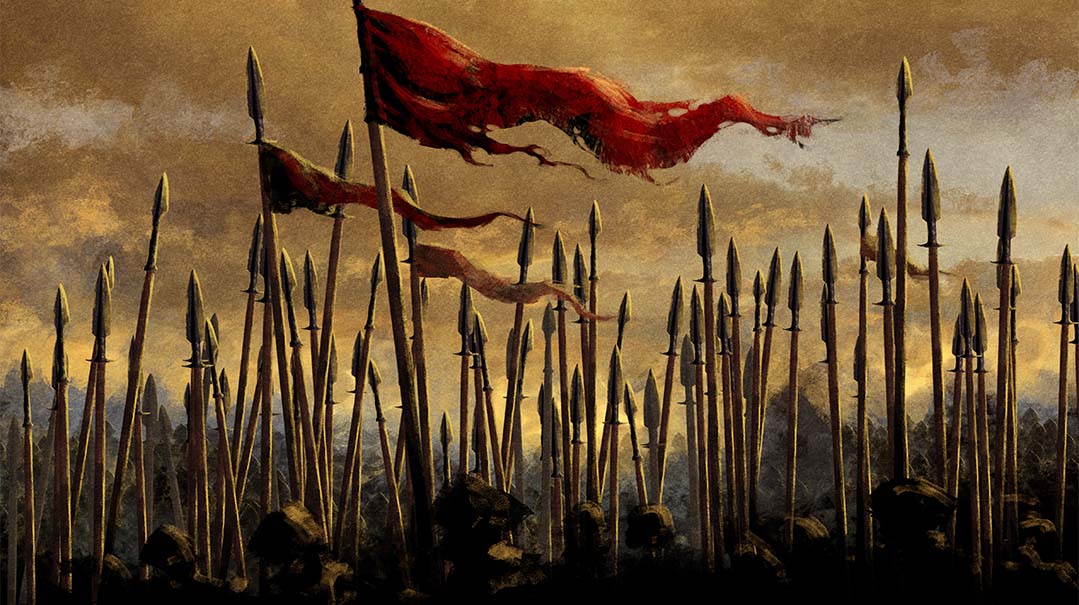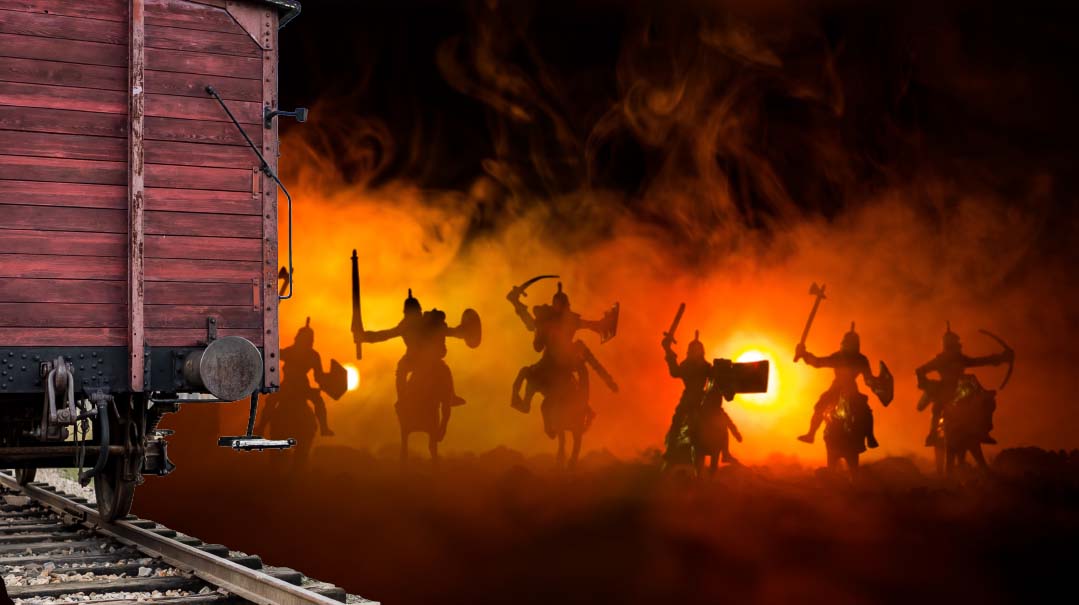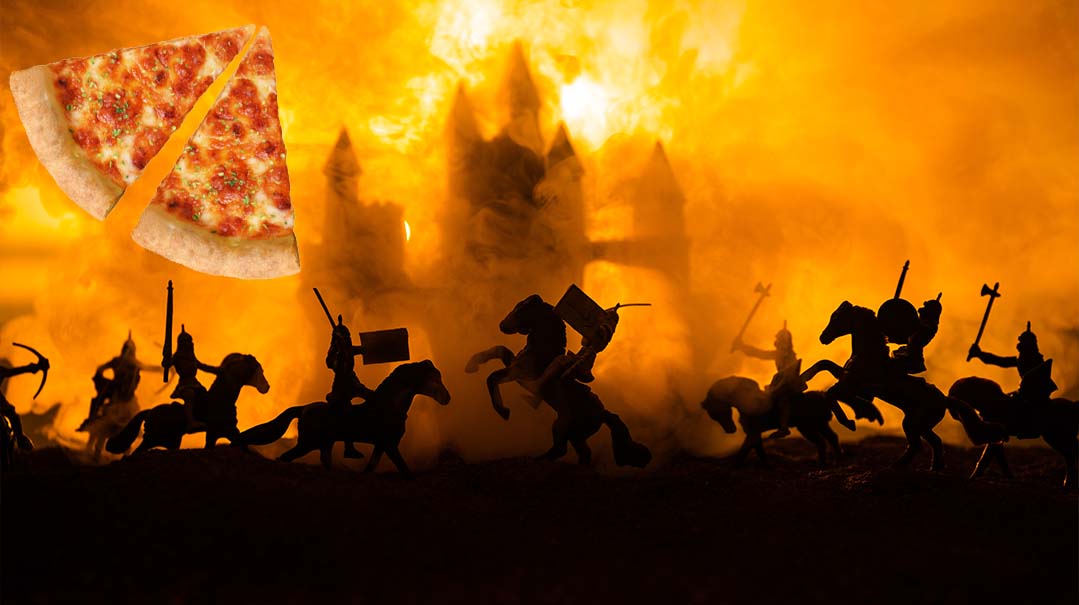Bills of Life
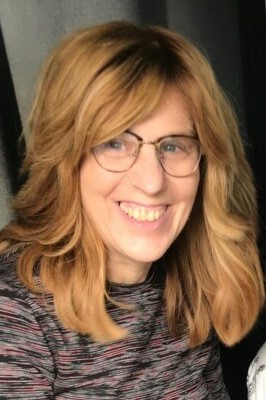
“Mi l’Hashem elai!” In every generation, there are those who respond and take a stand for Hashem
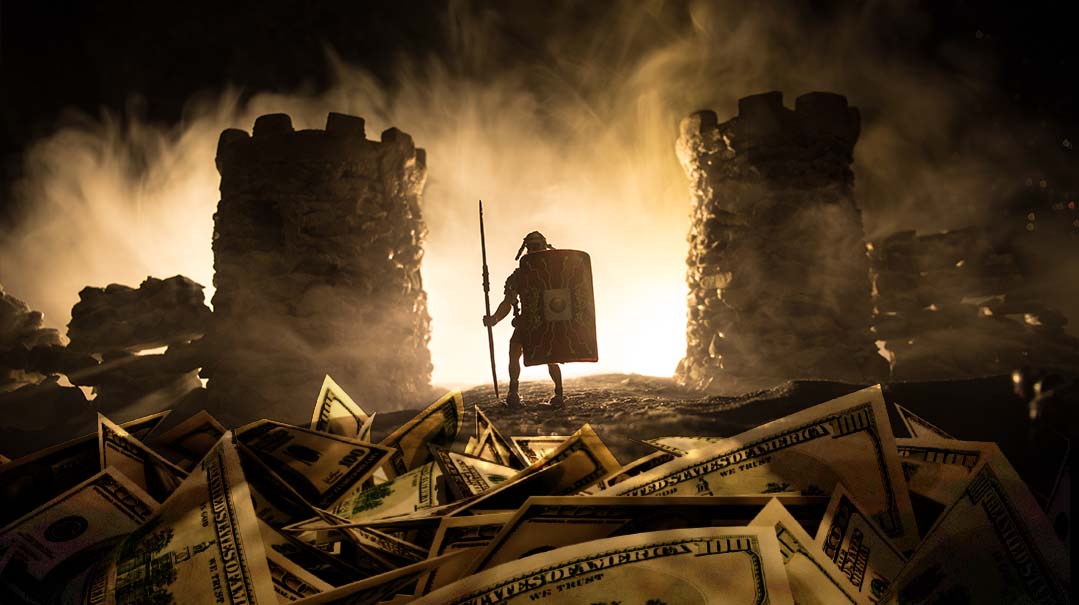
As told to Malkie Schulman
If you didn’t know Mike, my friend and comrade in arms, you’d probably think he was a rough and tough kind of man. And you’d be right. He was a tough guy with no filters. For example, though not very learned, Mike had tremendous respect for rabbis, but if he thought a rabbi was a phony, he would tell it to him straight to his face.
What you might not have guessed about Mike was that he had a huge heart, especially when it came to his fellow Jews.
Back in the ‘60s and ‘70s, Mike was influenced by Meir Kahane’s “Never Again” philosophy. Jewish pride was important to him, and there was a shtolz about Mike — a Jew, he felt, should always keep his head up high. Hate crimes were rampant in those days, and Mike wouldn’t keep his mouth shut (or his hands by his side) if he saw a Jew getting hurt. Mike was always involved in some activity to save Jews somewhere. But many people never knew about these activities because Mike was a humble man.
Mike recently passed away and I spoke about him at the funeral. To me, and to anyone who knew him well, he was the quintessential “Mi La’ Hashem Elai” man. He had many battle cry moments where he’d pick up the gauntlet and do what needed to be done for the sake of his people.
Mike was in the filming business and did well. He gave charity to everyone who asked. He would often tell me, “You may have to give nine fakers charity for the tenth one who really needs it, but that’s all part of giving tzedakah.”
Between the end of 1978 and late summer of 1980, the Islamic revolution was in full swing in Iran. This meant that the Jews, as usual, were prime targets for persecution. Ominous threats were followed by the arrest and murder of leaders of the Jewish community.
As their formerly secure lives were being upended, Iranian Jews desperately sought avenues of escape, especially for their children. When Rabbi J.J Hecht, the Lubavitcher Rebbe’s secretary, got wind of what was happening, he established Operation Exodus to bring as many children as possible to safety. At the operation’s end in 1981, Chabad had brought close to 1,800 children to the US. But, unbeknownst to anybody aside from Rabbi Hecht’s family, their efforts were largely aided through Mike’s generosity.
A rescue operation this size required a lot of money — in addition to obtaining visas and flying so many children out of Iran, once they arrived in America, they would need to be provided for. (Not to mention the many glitches on the way, for example, when the American government refused to issue visas right away, and the children needed to be hosted in England and Italy for a while) Rabbi Hecht was promised financial support from various well-known organizations, some of which never came through, and some which did come through, but with great difficulty.
But the story was very different when he turned to Mike, his friend and partner in previous Jewish life- and soul-saving activities.
At the time Rabbi Hecht called, Mike and his wife was in the midst of renovating their old brownstone in Crown Heights. It was a four-apartment complex that they were looking to turn into a one family home.
When Rabbi Hecht called Mike and apprised him of the dire situation in Iran, Mike offered one of the apartments to house the children once they arrived in America. He also said, “Here’s my bank account number. There should be a few hundred thousand dollars in it. Empty out the account, take whatever you need. Just leave me a few dollars for my family. I won’t renovate my house when there are Jews being persecuted who need my money.”
And that’s exactly what happened. Rabbi Hecht withdrew most of the money and used it to save Jewish children.
Mike never completely regained his former wealth, but it didn’t matter to him. He’d saved Jewish lives, and what else is money for, after all, if not to help your brothers?
(Originally featured in Family First, Issue 770)
Oops! We could not locate your form.

